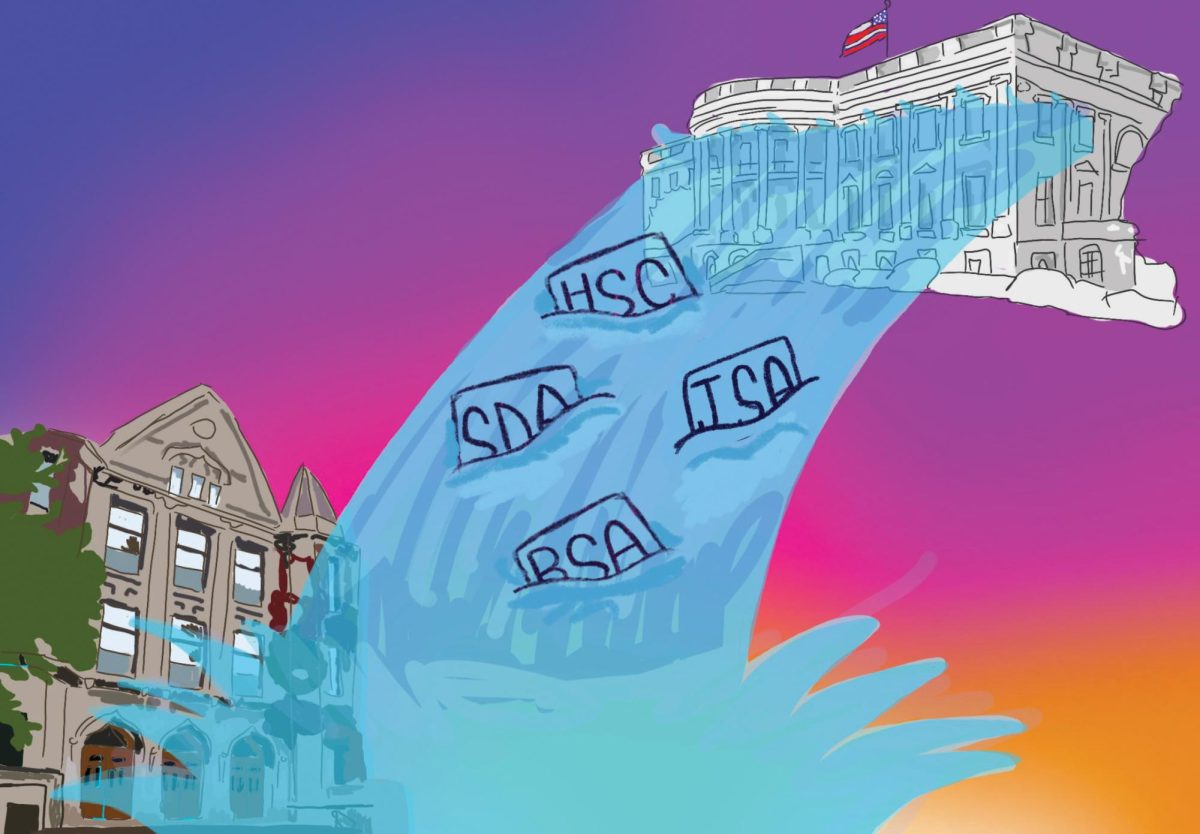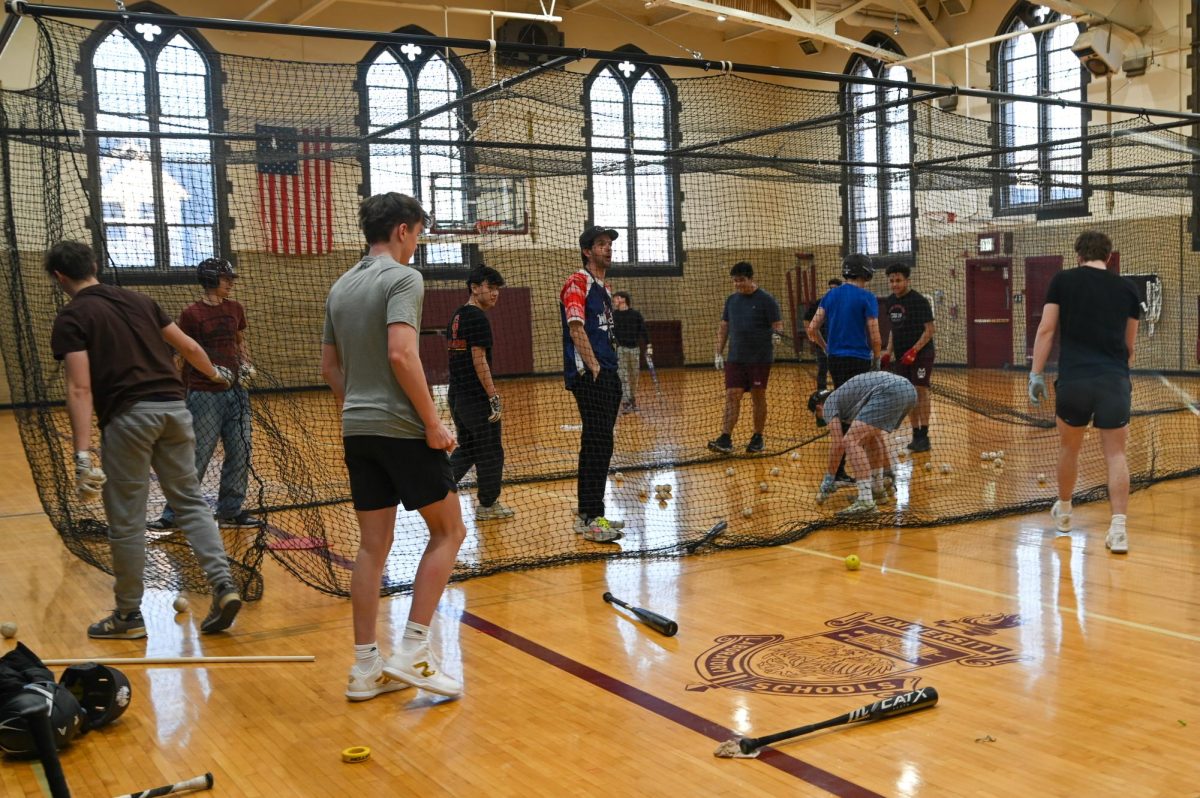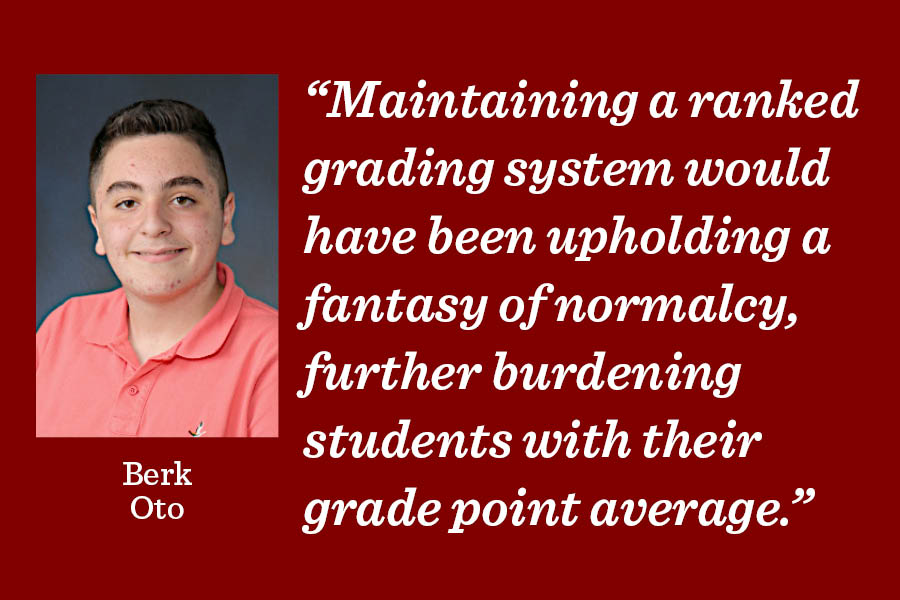Lab’s transition to pass/fail sets positive example for other schools
April 23, 2020
If you told me a few weeks ago I would be writing a column in favor of pass/fail, I wouldn’t have believed you.
Like many of my friends, I was frustrated to hear that the Laboratory Schools would switch to pass/fail — it seemed like my hard work to boost my grades during February was for nothing. I felt like I had been robbed of my ability to raise my fall semester grades.
Yet, after talking with teachers, administrators and researching on my own, it’s clear to me that Lab’s new pass/fail grading policy is the right one, and all middle and high schools should adopt it.
Expecting students to perform at their best outside a physical school environment, with frequent technical difficulties and constant distractions from family members is not only cruel — it’s also lunacy.
This is a time when schools should be prioritizing the development and wellbeing of their students over academic rigor. When the only options for students are pass and fail, it gives them the freedom to make mistakes and grow without worrying about their GPA.
Lab’s implementation of pass/fail is especially noteworthy because it still allows students to improve their year-end grade in the spring semester. This is incredibly important since it provides opportunities for students to demonstrate their advancement to themselves and colleges.
The administration’s lack of standardized criteria for improving grades may initially seem like an oversight, but, according to school administrators, it is actually a deliberate attempt to encourage discussion between a student and a teacher.
By not setting universal requirements, Lab encourages students to meet with their teachers outside of remote classes and explore ways they can thrive. This also allows individual teachers to tailor their criteria based on their subject, objectives and style of remote learning.
Regardless of teaching style, a point I have heard frequently from students is that pass/fail will enable them to stop trying this semester. Slacking off may feel satisfying and consequence-free in the moment, but most of Lab’s classes are cumulative or successive. That means, students who stop learning this spring are setting themselves up for a much tougher time getting good grades in the fall. Not trying during classes would be detrimental to a student’s grade in future years and their performance in standardized tests.
In addition, this semester’s midterm comments will be even more important for college counselors to write letters of recommendation to colleges. Slacking off this semester, especially for juniors, could mean getting a less-than-flattering letter sent to your dream school.
Students shouldn’t worry about their college applications since many colleges have already transitioned to a pass/fail system. Thus, they understand how this period has affected students and will judge accordingly.
While most universities implemented the pass/fail grading system for the spring term, most middle and high schools lag behind in this regard. Lab’s prompt action on this important issue should serve as a wake-up call to other private and public schools in the Chicagoland area and beyond.































































